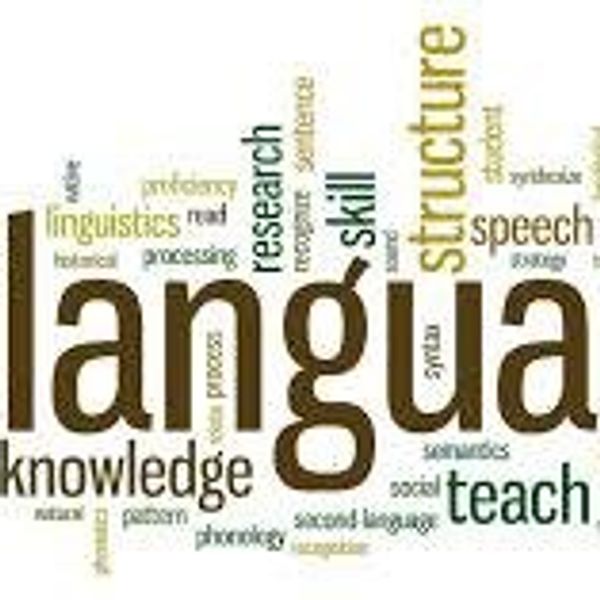Oye, ¿adónde vamos? Quelle heure est-il?
Immediately upon hearing words spoken in a foreign tongue, my attention level increases tenfold, and questions instantly flood my brain. Do I recognize any of these words? What kind of accent is this? What do these people look like? Where could they be from?
Each language is a mystery. Vocabulary, grammar, and intonation — among numerous other linguistic aspects — are the pieces of a jigsaw puzzle which must be carefully combined and arranged in order to reveal a message. In this way, each language also presents a tremendous opportunity: the chance to catch a momentary insight into the culture from which the language hails. The feeling of complete joy when I decode a phrase or two — without the help of Google Translate, of course — is infectious. It breeds an eagerness to continue, to master more and more challenging sentences, before moving on to paragraphs, chapters, and finally, novels. Along the way, I gain valuable insight into the values and customs of the people who speak this language.
But languages do not exist solely in written form. The cultural immersion is incomplete without command of the spoken vernacular. This is where mastery is most satisfying and fulfilling: the ability to comfortably utter a particular phrase using the correct pronunciation, grammar, and vocabulary is incredibly exciting and gratifying. At this point, it becomes infinitely easier to connect with native speakers, to understand their outlook, and of course, to communicate with them. Finally utilizing language skills outside the classroom setting is a thrilling experience. This is the point where all of the hard work pays off and comes to fruition. Communicating with native speakers adds an entirely new dimension to the knowledge of the culture already gleaned through the process of learning the language.
Furthermore, speaking the mother tongue of another holds tremendous diplomatic power. It shows a unique open-mindedness and fearlessness, a willingness to cross the cultural barrier and to inevitably make a few mistakes — to expose one’s vulnerability — for the sake of experiencing the world through a different lens. This is the best olive branch we have to offer when beginning to resolve great conflict; communicating with “the other” in his native language demonstrates a genuine effort to bridge cultural differences and combat prejudice, fear, and mistrust in favor of promoting dialogue and cooperation across strife ethnic and political divides.
Consistent with languages’ power to bring people together is the fact that learning them is accessible to all, as it does not even necessitate formal lessons. Opportunities to acquire these new skills present themselves all around us every day — in the form of books, movies, songs, and conversations, to name a few. It’s all simply a matter of keeping an open mind — and ear.





















